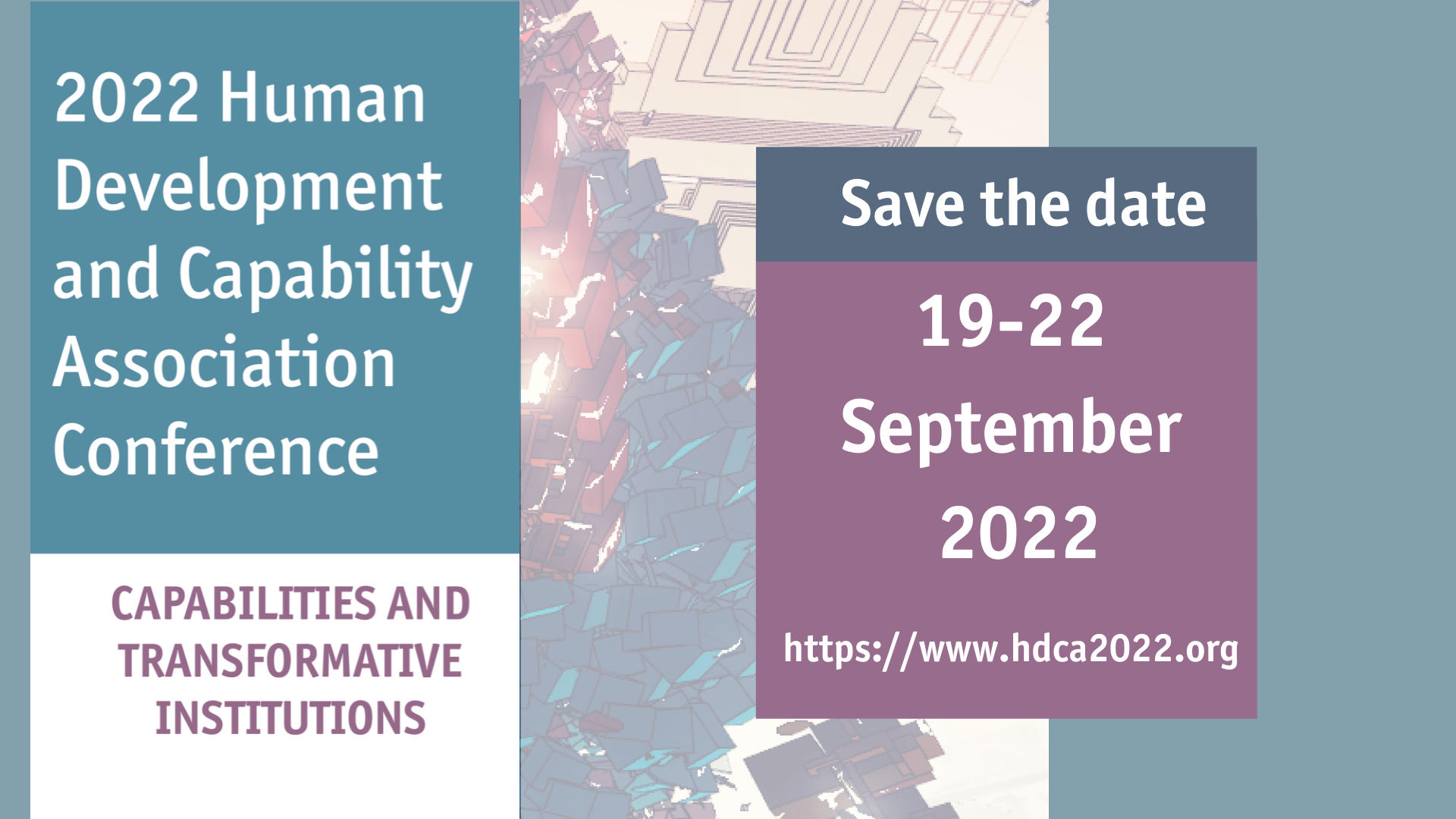| Annual Report 2021 We are delighted to announce the launch of the IOB Annual Report 2021, available now for download. This Annual Report 2021 is designed to give you an overview of IOB’s main achievements in 2021. You will find a description of the Master Programmes, our alumni engagement, as well as the main highlights of our research lines. Finally, the last part of the document is showing a complete list of publications for both academic and non-academic audiences. We hope you enjoy reading the report! |
|---|
| Meet our agents of changeIOB alumni Impact Stories illustrate how ICP graduates are making a difference all over the world. Meet our change agents in this video.Watch the video Are IOB graduates making a difference?The Alumni Impact Barometer is a VLIR-UOS funded research and capacity building project. The project is part of the University of Antwerp Global Minds portfolio, aiming to strengthen the development dimension in research, education and outreach. Visit the website |
|---|
| Save the date!From 19 until 22 September we will host the HDCA 2022 conference.  More information More information |
|---|
| 8 April 2022 Online workshopData Collection in the context of the Community-Based Monitoring System (CBMS)Register here 23 April 2022 IOB Philippines get together.Venue: Seda Vertis North, Quezon City We encourage the online participation of those who are not in Manila.Register here 26 April 2022 The determinants of hosting Internally Displaced Persons: Evidence from Eastern Congo.Online seminar by Nik Stoop.More information and registration |
|---|
| Publications February – March 2022 Publications for an academic audienceBanshimiyubusa, D. (2022). Crispations identitaires et « identités légitimatrices » en période de crise politique: un regard rétrospectif sur la crise du 3ème mandat au Burundi. In IOB Discussion Papers (Vol. 2022.01). Antwerp: Institute of Development Policy, University of Antwerp.Brandt, C., Kithumbu, O., Kuliumbwa, E., & Marchais, G. (2022). The multiple faces of ‘conscientisation’: exploring links between structural inequalities, education and violence. Globalisation, Societies and Education.Cassimon, D., Fadare, O., & Mavrotas, G. (2021). Development finance, governance quality and their impact on food and nutrition security in Sub-Saharan Africa. Review of Development Finance, 11(2), 1-17.Custodio, C., & Roy, B. (2021). Los movimientos para la justicia climática. In S. Borràs-Pentinat & P. Villavincencio-Calzadilla (Eds.), Justicia climática: visiones constructivas desde el reconocimiento de la desigualdad (pp. 517-548). Valencia: Tirant lo Blanch.Cuvelier, J., Geenen, S., & Verbrugge, B. (2022). Governance. In L. D’Angelo & R. J. Pijpers (Eds.), The anthropology of resource extraction (pp. 1-17). London: Routledge.Giezendanner, E. (2021). Hutu rebels: exile warriors in the Eastern Congo by Anna Hedlund. African Conflict & Peacebuilding Review, 11(2), 152-154.Holvoet, N., & Dewachter, S. (2022). Unpacking transnational social capital and its effects: insights from an international study experience in Belgium. Journal of Studies in International Education, online first.Huybrechs, F., & Bastiaensen, J. (2022). Macrocrisis, micro-oplossingen? Een reflectie over de mogelijke rol van microfinanciering in de nodige U-turn. In B. Cantillon & S. Latré (Eds.), U-turn 2021: wegwijzers naar een nieuw sociaal contract (pp. 203-212). Brussel: University Press Antwerp.Kadigo, M. M., Diallo, N. O., & Maystadt, J.-F. (2022). How to cope with a refugee shock? Evidence from Uganda. In Policy Research Working Papers (Vol. 9950). Washington, D.C.: The World Bank.Katz-Lavigne, S. (2022). Copper stakes: exclusion, corporate strategies, and property rights in the Democratic Republic of Congo. In N. Andrews, J. A. Grant, & J. S. Ovadia (Eds.), Natural resource-based development in Africa: panacea or Pandora’s box? (pp. 285-304). Toronto: University of Toronto PressLombardi, C., & Ferrando, T. (2021). An environmentally and socially broken global food system: what role for competition law? In S. Holmes, D. Middelschulte, & M. Snoep (Eds.), Competition law, climate change & environmental sustainability (pp. 339-349). Paris: Concurrences.Simpson, F. O. L., Lwaboshi, R., Ikobo, Y., & Mulume, P. (2022). Structuration of armed mobilisation in eastern DRC’s Kahuzi-Biega National Park. In IOB Discussion Papers (Vol. 2022.02). Antwerp: Institute of Development Policy, University of Antwerp.Ssennyonjo, A., Ssengooba, F., Criel, B., Titeca, K., & Van Belle, S. (2022). ‘Writing budgets for meetings and teas?’ A multitheoretical analysis of intragovernmental coordination for multisectoral action for health in Uganda. BMJ Global Health, 7(2), e007990.Terlizzi, A., & Esposito, G. (2021). New Public Management Reform ideas and the remaking of the Italian and Danish health systems. Territory, Politics, Governance, online first.Weigele, A., & Brandt, C. O. (2022). ‘Just keep silent’: teaching under the control of authoritarian governments: a qualitative study of government schools in Addis Ababa, Ethiopia. International journal of educational development, 88, 102497.Publications for a non-academic audienceJamar, A., & Nyenyezi Bisoka, A. (2022, 10 February). Pacification du passé colonial belge: auto-érotisme et décentrement décolonial. Le Club du Mediapart, online article.Østby, G., Shemyakina, O., Tollefsen, A. F., Urdal, H., & Verpoorten, M. (2021, 3 February). What happens to childhood vaccine rates in conflict zones? This analysis found some surprises. The Washington Post – Monkey Cage, online article.Reyntjens, F. (2022, 10 March). Rwanda has reopened the border with Uganda but distrust could close it again. The Conversation, online article.Van Hecken, G., & Kolinjivadi, V. (2021, 17 March). Le « global deal for nature » du « sauveur blanc ». Le regard du CETRI, online article. |
|---|
 Gemdev
Gemdev